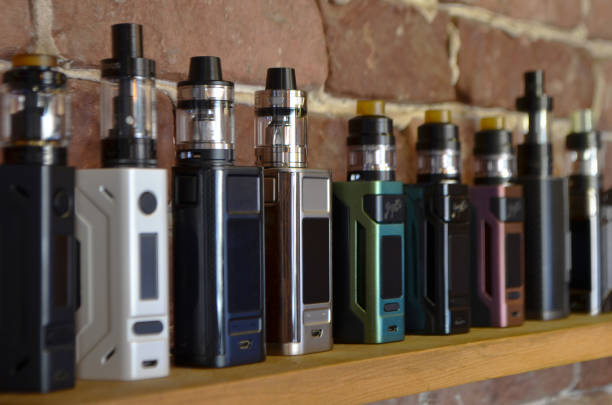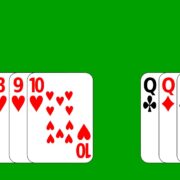
Millions of people all around the world are affected by the difficult and demanding problem of substance addiction. When it comes to helping patients regain control of their lives after overcoming addiction, inpatient drug rehab centres play a crucial role. Drug addiction can be broadly defined in this article, which will also examine the role of drug rehabilitation centres in helping people with addiction overcome their addiction.
A Comprehensive Overview of Substance Dependence and Drug Abuse
Permanent brain alterations, obsessive drug seeking, and persistent use despite severe consequences are the hallmarks of substance addiction, a chronic and recurrent disease. Substance abuse disorders can run in families and even from one generation to the next. A wide variety of substance addictions exist, each with its distinct difficulties and repercussions. Cocaine, methamphetamine, opioid analgesics, alcohol, and several prescription drugs are common substances.
Substance addiction comes in many ways.
Addiction to opioids
The opioid addiction problem has worsened due to a combination of factors, including the rising tide of prescription opioid overdoses and the usage of illegal opioids like heroin. Patients enrolled in inpatient drug rehabilitation programs have access to a wide range of treatments, including medication-assisted therapy and counselling, that are backed by scientific evidence and can address both the physiological and psychological components of opioid addiction.
Addiction to alcohol
Addiction to alcohol is common and has serious consequences for a person’s health and relationships. Rehab centres offer a safe space where recovering alcoholics can receive help in the form of support groups, therapy, and detoxification, among other services. These services are designed to tackle the root causes of the habit.
Addiction to Cocaine
Coronary artery disease, anxiety, and other mental and physical health problems are among the many grave consequences of cocaine addiction. In order to help its clients overcome their cocaine dependence, drug rehabilitation centres use a variety of therapeutic approaches, such as behavioural therapy and counselling, to address the psychological aspects of addiction.
Participation in Rehabilitation Programs as a Means of Rehabilitation:
A thorough evaluation
A comprehensive evaluation of the patient’s psychological and physiological state, in addition to the degree of their addiction, is performed prior to the commencement of a drug recovery program. The recovery procedure is built upon this evaluation. The results of this evaluation will be used to create an intervention strategy that is unique to the patient and their needs.
The elimination of harmful substances
Many rehabilitation programs begin with detoxification, the process of physically removing a substance from the body. Individuals can learn to manage withdrawal symptoms and safely move on to the next steps of treatment during detoxification under the supervision of a medical expert.
Therapeutic Interventions
A wide variety of therapeutic therapies are available to patients at rehabilitation clinics, including cognitive-behavioural therapy, individual and group therapy, and holistic treatments like meditation and yoga. Assisting people in recognising and addressing the root reasons for their substance dependence, these therapy therapies help them develop coping strategies to live drug-free.
Medications taken alongside the therapy
Individuals suffering from specific forms of substance addiction may be advised to undergo medication-assisted treatment. The medical and psychological components of addiction are addressed in MAT through the use of prescribed medication in conjunction with counselling and behavioural treatment.











